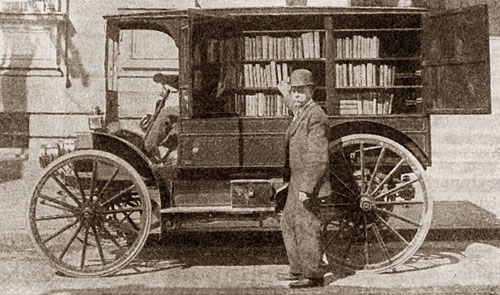While I'm on the subject of Chrysler—that now non-American company of which Fiat owns a majority interest—all those European Themas and Chrysler 300C sedans are built in Graz, Austria by Magna Steyr. And they are available there and in Australia with a Mercedes-Benz designed 3.0 L V6 diesel engine, which is not available here. The Chrysler 300s that we can get here—you know, "Imported from Detroit"—are made in their Brampton factory in Ontario, Canada, and even then some of the engines come from Mexico. The European Lancia and Chrysler Voyagers are also built in Ontario, Canada, and have a VM Motori of Italy double overhead cam common rail design diesel engine as standard. Tell me again how much of the Chrysler bailout is helping American workers.
No matter what you think of the bailout, in the final analysis it allowed those companies to dump billions of dollars of legally owed debt, renege on contracted labor obligations, cancelled pending lawsuits by car-accident victims and even removed legal responsibility in cases where the victims had actually won damages (Wall Street Journal report). Given all that, one of the most egregious affronts was the stripping of the property of legal bondholders (much of it held in retirement portfolios), which was then given to union-controlled trust funds without rhyme or reason—or perhaps it was their payoff for not fighting the contract cancellations. Another outrage was the illegal contract terminations and subsequent dropping of targeted dealerships, with GM and Chrysler claiming the right to confiscate the dealership customer lists and service records. Illegal? Some of those ex-dealers who had the temerity to sue individually or in small groups, have been winning in arbitration or court. A massive class-action suit is still winding its way through the system.
There are those in the know who believe that both companies—as well as the country as a whole—would have been better off if a reorganization bankruptcy had taken place through the normal channels. Chrysler would still be an American company (again) and much the same result could have been negotiated with either settlements or structured payments going to the thousands upon thousands of ordinary Americans who now have been left with nothing to show for their investments, years of hard work, or pain and suffering.
And the takeaway is that we the taxpayers (U.S. Treasury) still lost around $14 billion in the whole mess.
Oh well, maybe they'll rebadge the Chevy Volt and there'll be a nice Citroën Électricité coming soon to a showroom near you...or not so near you, if you live in one of those areas that lost the only dealership for miles around. Because—like everything else that's going on—the Volt is working out so well.

